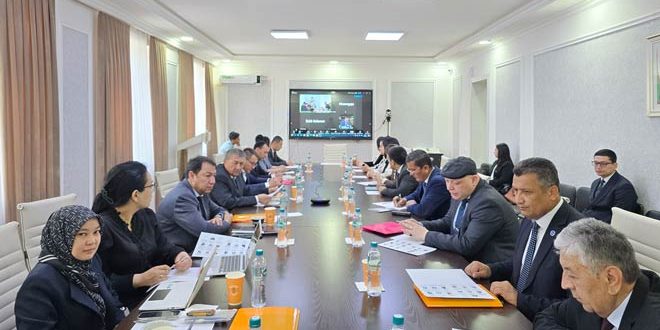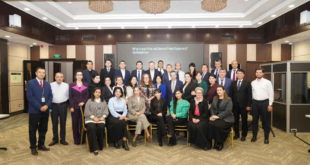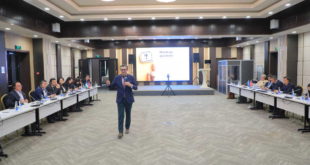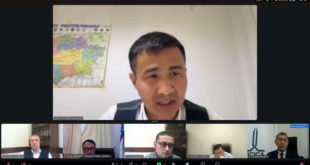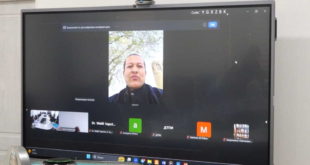An international scientific conference titled “The Scientific and Spiritual Heritage of Central Asia in the Context of the Renaissance” was held at Navoi State University. The prestigious event was organized both online and offline in collaboration with the Ministry of Higher Education, Science and Innovation, Navoi State University, the Imam Bukhari International Scientific Research Center, and several foreign higher education institutions. Leading scholars and experts from the USA, Russia, India, Belarus, Kazakhstan, and Uzbekistan participated in the conference, along with the Director of the Center, Shovosil Ziyodov, and Malaysian recipients of the international Imam Bukhari scholarship.
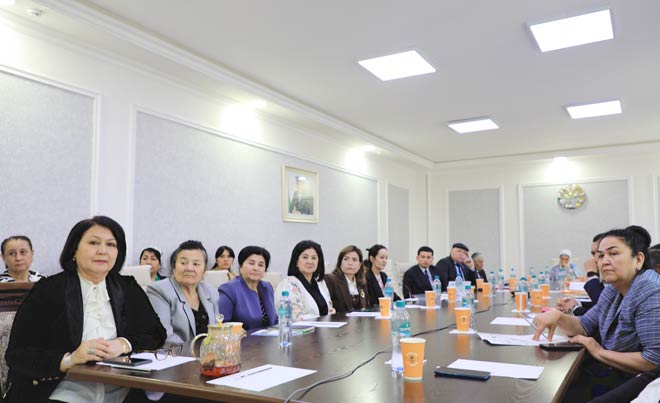
The main objective of the conference was to conduct an in-depth study of the scientific and spiritual heritage formed in Central Asia, and to discuss ways of actively applying this invaluable legacy in the education of the modern generation, taking into account its significant role in the development of world civilization. The event covered a wide range of topics including Sufism, Islamic theology, humanistic ideas, and cultural dialogue.
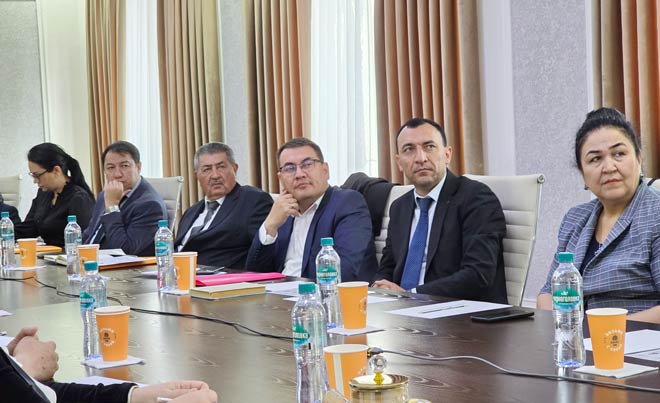
Lively discussions also took place on new scientific and methodological approaches to studying Central Asia’s scientific and cultural legacy, the spiritual and intellectual essence of Sufism, and the importance of the scientific heritage of the Renaissance period in the region for the advancement of modern science and the upbringing of youth.
At the event, Dr. Shovosil Ziyodov, Director of the Imam Bukhari International Scientific Research Center, Doctor of Historical Sciences, and Professor, provided detailed insights into the ongoing scientific activities at the Center. In particular, he highlighted a series of books published under the slogan “Combating Ignorance with Enlightenment”, emphasizing that these publications aim to enhance the public’s religious and educational literacy and to promote a knowledge-based approach in the fight against superstition and harmful innovations (bid’ah).
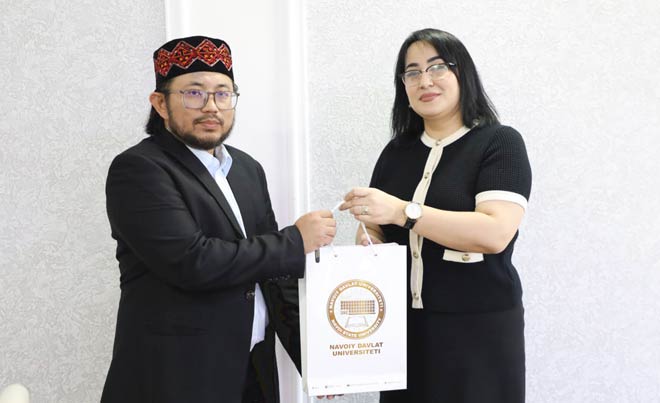
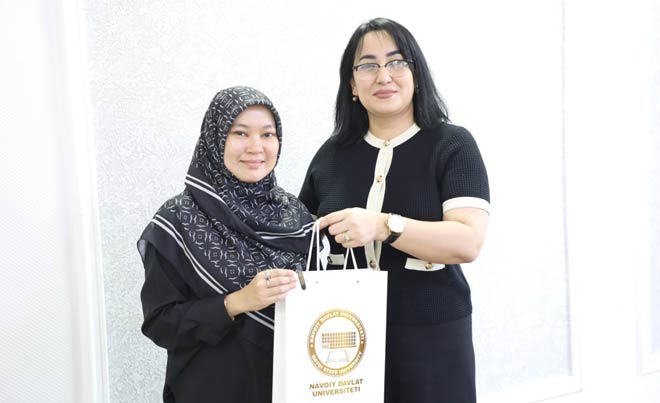
During the conference, participants discussed the possibilities of integrating Central Asia’s scientific and spiritual heritage with modern science and culture, sharing their views on the future of scientific research in the region. They emphasized the importance of innovations being applied in both research and practice, as well as the need to strengthen international cooperation in the fields of education and research.
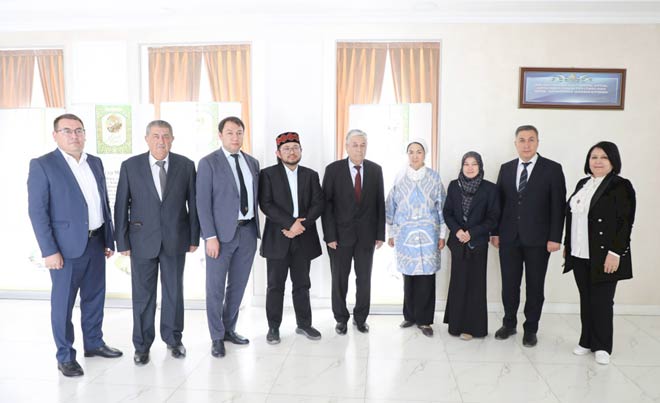
The topics discussed during the conference once again highlighted the interconnectedness of science, education, and spirituality across different regions, and demonstrated that every national scientific heritage holds a unique place on a global scale. At the conclusion of the event, a number of proposals and recommendations were developed aimed at conducting a deeper study of Central Asia’s scientific legacy and promoting its significance more broadly on the international stage.
 Imom Buxoriy xalqaro ilmiy-tadqiqot markazi bukhari.uz
Imom Buxoriy xalqaro ilmiy-tadqiqot markazi bukhari.uz







